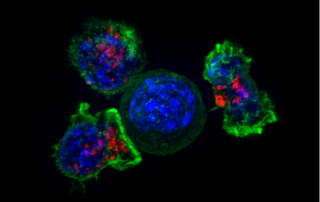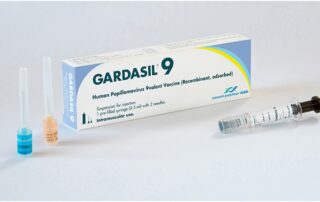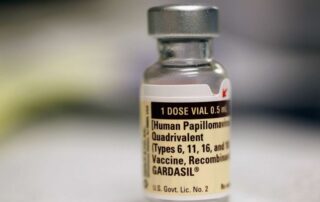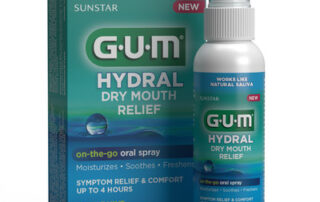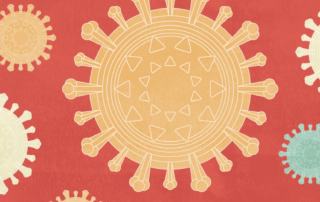How Big Pharma Finds Sick Users on Facebook
Source: The MarkUp Date: May 6th, 2021 Author: Colin Lecher If you’re a drug manufacturer looking for patients, one company has become a major destination in the past few years: Facebook. The social media giant, through its power to target users based on their interests, is especially attractive to pharmaceutical companies looking to sell drugs to potential patients. The Washington Post reported last year that health and pharmaceutical companies spent almost $1 billion on just Facebook mobile ads in 2019. The draw? Unlike a traditional TV or radio ad, Facebook’s ad categories help those companies target their drug ads at users who likely suffer from a specific illness the drug treats. And data from The Markup’s Citizen Browser project—which collects Facebook data from thousands of users—shows how precise and wide-ranging that targeting is. Though Facebook does not offer advertisers categories that explicitly identify people’s health conditions, The Markup identified dozens of ads for prescription pharmaceuticals targeted at people with “interests” in topics like “bourbon,” “oxygen,” and “Diabetes mellitus awareness.” Indeed, The Markup found, “awareness” of a disease is a frequent proxy for illness in targeting decisions made by advertisers. Zejula, a drug manufactured by pharmaceutical giant GlaxoSmithKline, for example, is prescribed to treat advanced ovarian cancer. We found the drug targeted at users who Facebook determined had shown an interest in “cancer awareness.” Piqray, another cancer treatment, manufactured by Swiss company Novartis, was shown to users with an interest in “National Breast Cancer Awareness Month.” Several drugs were targeted at either [...]


